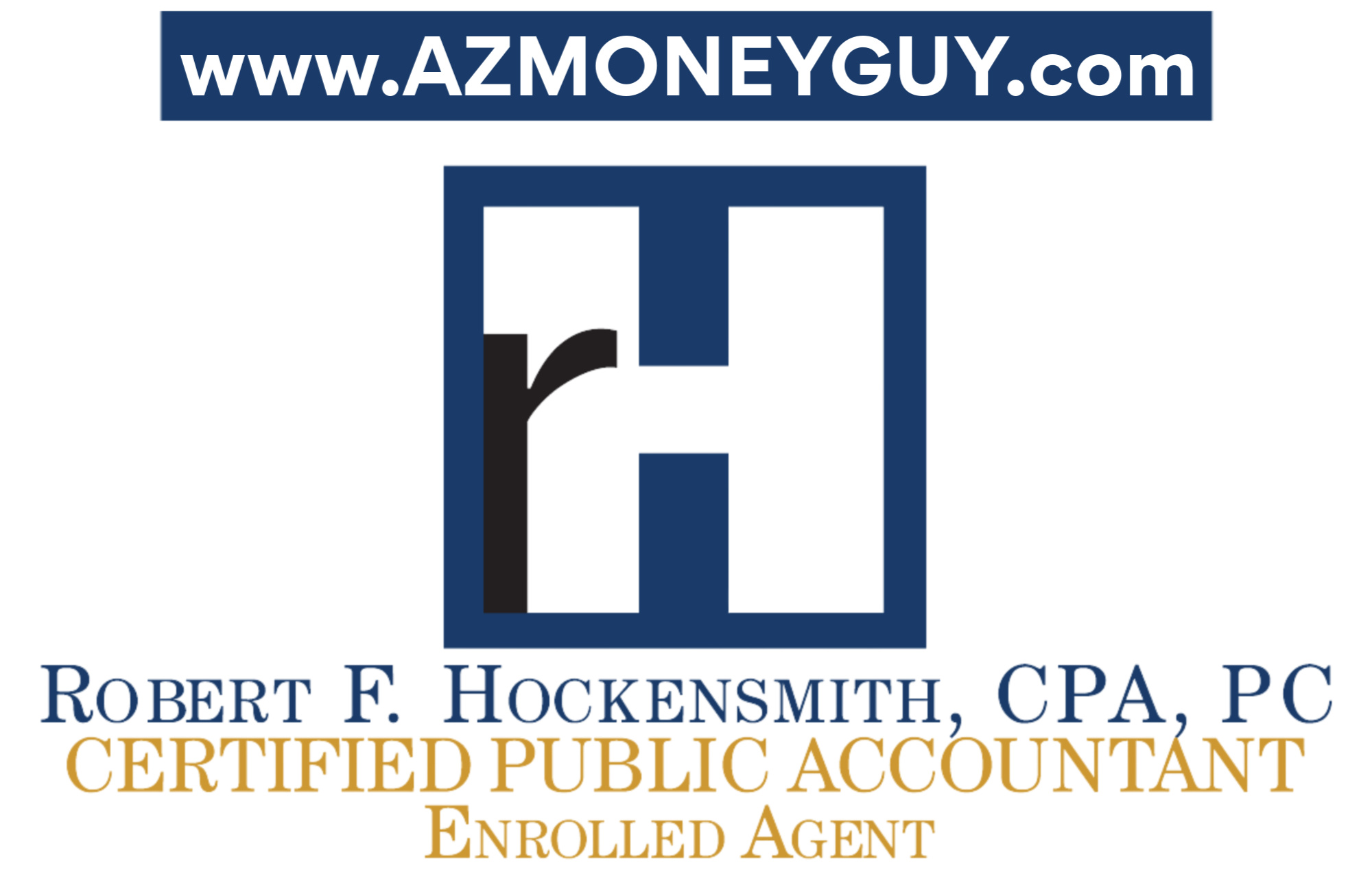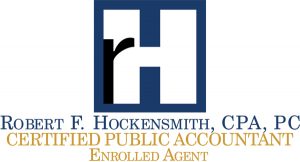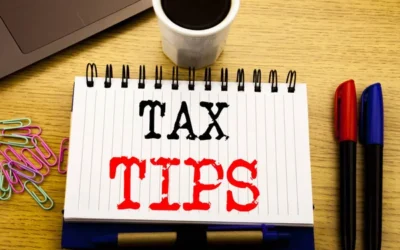Learn how to pass on more of your wealth to your heirs and pay less to the government before it's too late! Click here...
Address & Map
(602) 264 - 9331
CLIENT PORTAL
Address & Map
(602) 264-9331

High School Students, College Students, Graduates and Taxes
Summer internship with a financial institution of his choice has given wings to Jacob’s aspirations. He feels as if his career graph is on the runway to success, all set to take off just the way he wanted it to be. Many students like Jacob, take a job in the summer after school lets out.
If it’s your first job it gives you a chance to learn about the working world. That includes taxes we pay to support the place where we live, our state and our nation.
Here are eight things that students who take a summer job should know about taxes:
1. Don’t be surprised when your employer withholds taxes from your paychecks. That’s how you pay your taxes when you’re an employee. If you’re self-employed, you may have to pay estimated taxes directly to the IRS on certain dates during the year. This is how our pay-as-you- go tax system works.
2. As a new employee, you’ll need to fill out a Form W-4, Employee’s Withholding Allowance Certificate. Your employer will use it to figure how much federal income tax to withhold from your pay. The IRS Withholding Calculator tool on IRS.gov can help you fill out the form.
3. Keep in mind that all tip income is taxable. If you get tips, you must keep a daily log so you can report them. You must report $20 or more in cash tips in any one month to your employer. And you must report all your yearly tips on your tax return.
4. Money you earn doing work for others is taxable. Some work you do may count as self- employment. This can include jobs like baby-sitting and lawn mowing. Keep good records of expenses related to your work. You may be able to deduct (subtract) those costs from your income on your tax return. A deduction may help lower your taxes.
5. If you’re in ROTC, your active duty pays, such as pay you get for summer camp, is taxable. A subsistence allowance you get while in advanced training isn’t taxable.
6. You may not earn enough from your summer job to owe income tax. But your employer usually must withhold Social Security and Medicare taxes from your pay. If you’re self- employed, you may have to pay them yourself. They count toward your coverage under the Social Security system.
7. If you’re a newspaper carrier or distributor, special rules apply. If you meet certain conditions, you’re considered self-employed. If you don’t meet those conditions and are under age 18, you are usually exempt from Social Security and Medicare taxes.
8. You may not earn enough money from your summer job to be required to file a tax return. Even if that’s true, you may still want to file. For example, if your employer withheld income tax from your pay, you’ll have to file a return to get your taxes refunded.
GRADUATES and TAXES:
Just a reminder for new graduates as you step out of college life, into the work environment and the rest of your life. Here are some tax tips:
- Student Loan Interest (you get an “above the line” deduction for up to $2,500 depending on income levels).
- Student Loan Repayments (You can now repay up to $10,000 in student loans and interest, from distributions of a 529 Education plan, TAX FREE).
- Tuition and fees (you could get a tax deduction or tax credit depending on the type of education and tax deduction you take).
- Education credits (Lifetime learning credit available up to a limit, based on income, for education that leads to a college degree or vocational diploma, no matter how old you are and no matter how many other degrees you may already have).
- Withholding (be sure when you start a new job you fill out the W-4 form to determine the correct amount of taxes, this may require help from an accountant). See item #2 before. Don’t forget to include your state tax withholding too.
- Retirement Savings Contribution Credit (people starting a new job or beginning to save with a retirement plan even an Individual retirement plan (IRA) can receive a tax credit for up to $2,000 by starting a 401k or IRA retirement plan not contributed to in the last two years).
Each of these choices has limitations based on the income you earn, and whether you are claiming yourself as an exemption or not. Many times, the first year out of college, the parents still claim the graduate child as a dependent. You must make sure you communicate with your parents, to not double claim exemptions, because that is NOT allowed. Usually, the one earning the most money receives a better tax benefit from claiming you as an exemption. Be sure to ask azmoneyguy or your tax professional which is best for your circumstances.
Call today, don’t delay! See how this affects you. We can be reached at 602-264-9331 and on all social media under azmoneyguy.
Related Blog Posts
Common Tax Filing Mistakes
Learn how to pass on more of your wealth to your heirs and pay less to the government before it's too late! Click here...Address & Map(602) 264 - 9331CLIENT PORTALAddress & Map(602) 264-9331[DISPLAY_ULTIMATE_SOCIAL_ICONS] Here we are at the April tax...
Tips about Taxable and Nontaxable Income
Learn how to pass on more of your wealth to your heirs and pay less to the government before it's too late! Click here...Address & Map(602) 264 - 9331CLIENT PORTALAddress & Map(602) 264-9331[DISPLAY_ULTIMATE_SOCIAL_ICONS] If there is an income, there...
Itemizing vs. Standard Deduction: Five Tips to Help You Choose
Learn how to pass on more of your wealth to your heirs and pay less to the government before it's too late! Click here...Address & Map(602) 264 - 9331CLIENT PORTALAddress & Map(602) 264-9331[DISPLAY_ULTIMATE_SOCIAL_ICONS] When you start planning early,...
Do You Owe The IRS?
Learn 5 Secrets The IRS Doesn’t Want You To Know.
Click on the button below to get FREE access to this exclusive content.
Get Expert Tax Advice from an expert
Mr. Hockensmith has been a guest newscaster for national and local TV stations in Phoenix since 1995, broadcasting financial and tax topics to the general pubic. He has written tax and accounting articles for both national and local newspapers and professional journals. He has been a public speaker nationally and locally on tax, accounting, financial planning and economics since 1992. He was a Disaster Reservist at the Federal Emergency Management Agency, for many years after his military service. He served as a Colonel with the US Army, retiring from military service after 36 years in 2008. Early in his accounting career, he was a Accountant and Consultant with Arthur Andersen CPA’s and Ernst & Young CPA’s.









